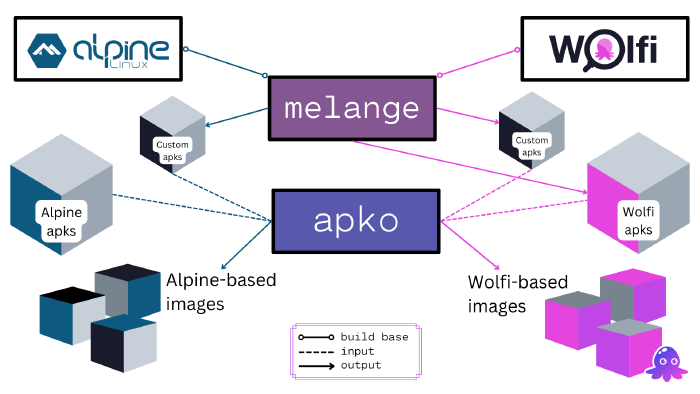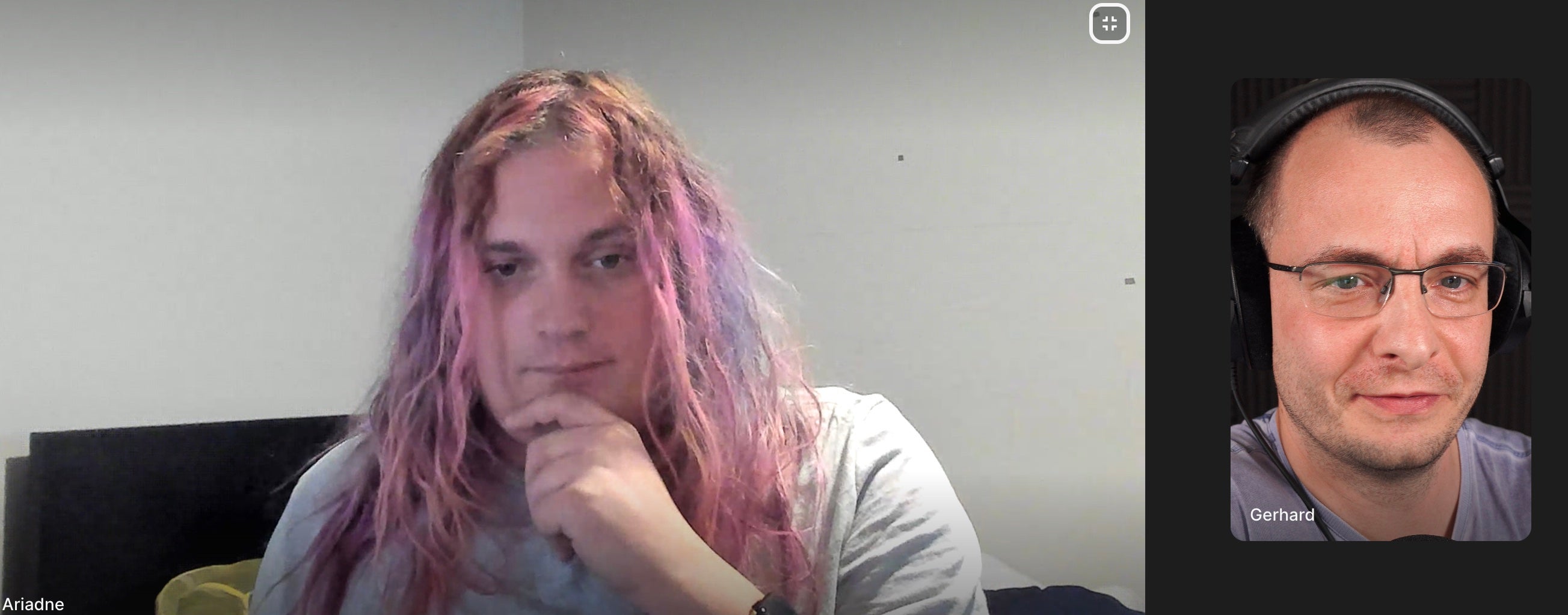
Shownotes Transcript
In today’s episode, we talk about distroless, ko, apko, melange, musl and glibc. The context is Wolfi OS, a community Linux OS designed for the container and cloud-native era. If you are looking for the lightest possible container base image with 0 CVEs and both glibc and musl support, Wolfi OS) & the related chainguard-images) are worth checking out.
Ariadne Conill is an Alpine Linux TSC member & Software Engineer at Chainguard.
Changelog++) members save 5 minutes on this episode because they made the ads disappear. Join today!
Sponsors:
Sentry) – Working code means happy customers. That’s exactly why teams choose Sentry. From error tracking to performance monitoring, Sentry helps teams see what actually matters, resolve problems quicker, and learn continuously about their applications - from the frontend to the backend. Use the code
CHANGELOGand get the team plan free for three months.FireHydrant) – The reliability platform for every developer. Incidents impact everyone, not just SREs. FireHydrant gives teams the tools to maintain service catalogs, respond to incidents, communicate through status pages, and learn with retrospectives. Small teams up to 10 people can get started for free with all FireHydrant features included. No credit card required to sign up. Learn more at firehydrant.com/)
Sourcegraph) – Transform your code into a queryable database to create customizable visual dashboards in seconds. Sourcegraph recently launched Code Insights — now you can track what really matters to you and your team in your codebase. See how other teams are using this awesome feature at about.sourcegraph.com/code-insights)
Featuring:
- Ariadne Conill – Twitter), GitHub), LinkedIn), Website)
- Gerhard Lazu – Twitter), GitHub), LinkedIn), Website)
Show Notes:
Ariadne’s Twitter thread) that kick-started this episode
Wolfi OS) - a stripped-down distro designed for the cloud-native era
ko) - build and deploy Go applications on Kubernetes
apko Overview) - build OCI images using APK directly
melange) - build APKs from source code
glibc) - GNU C library
“We discovered a bug in our repository management service”)


Something missing or broken? PRs welcome!)